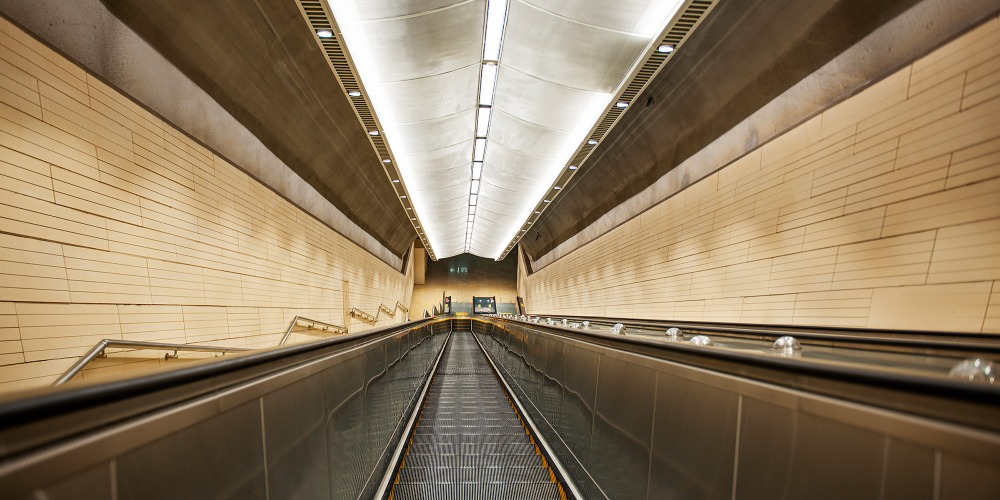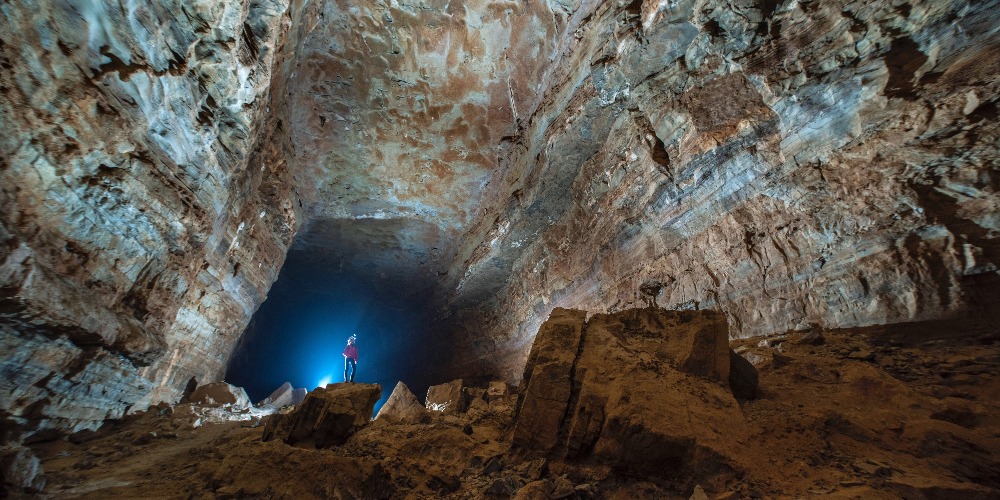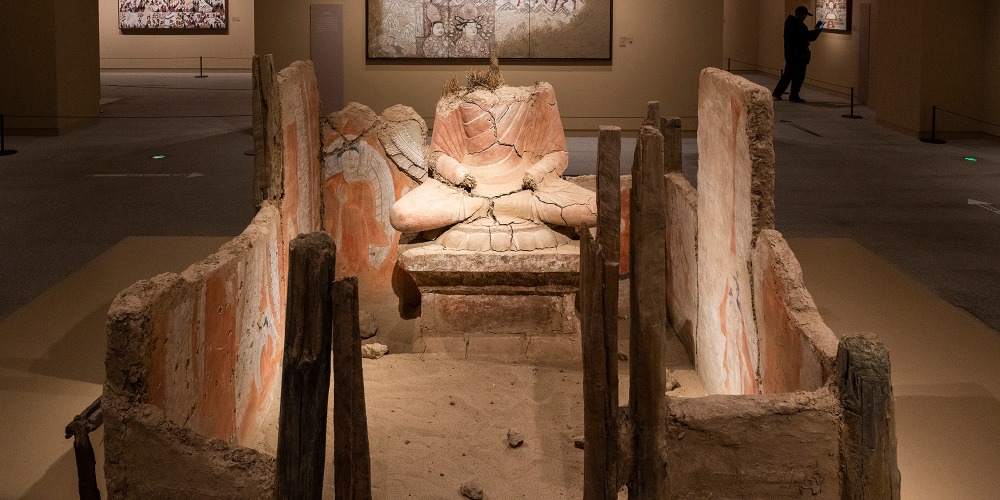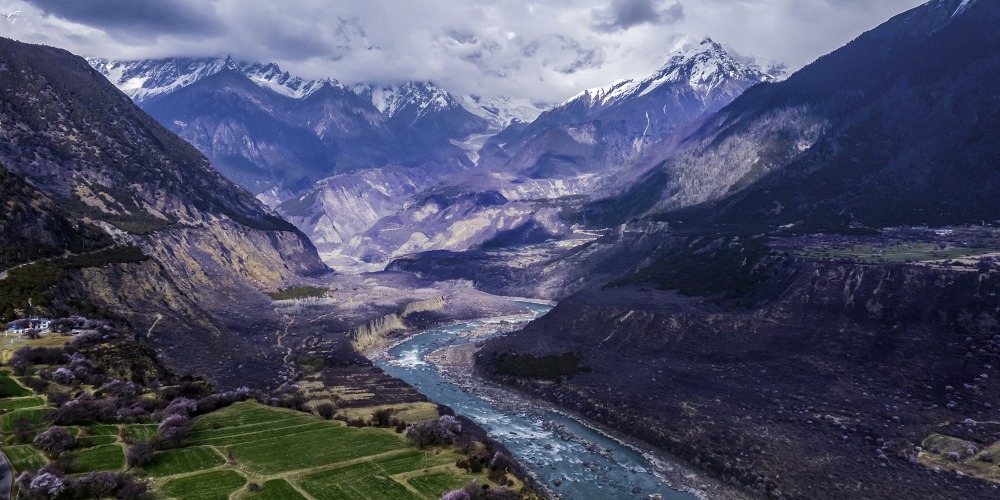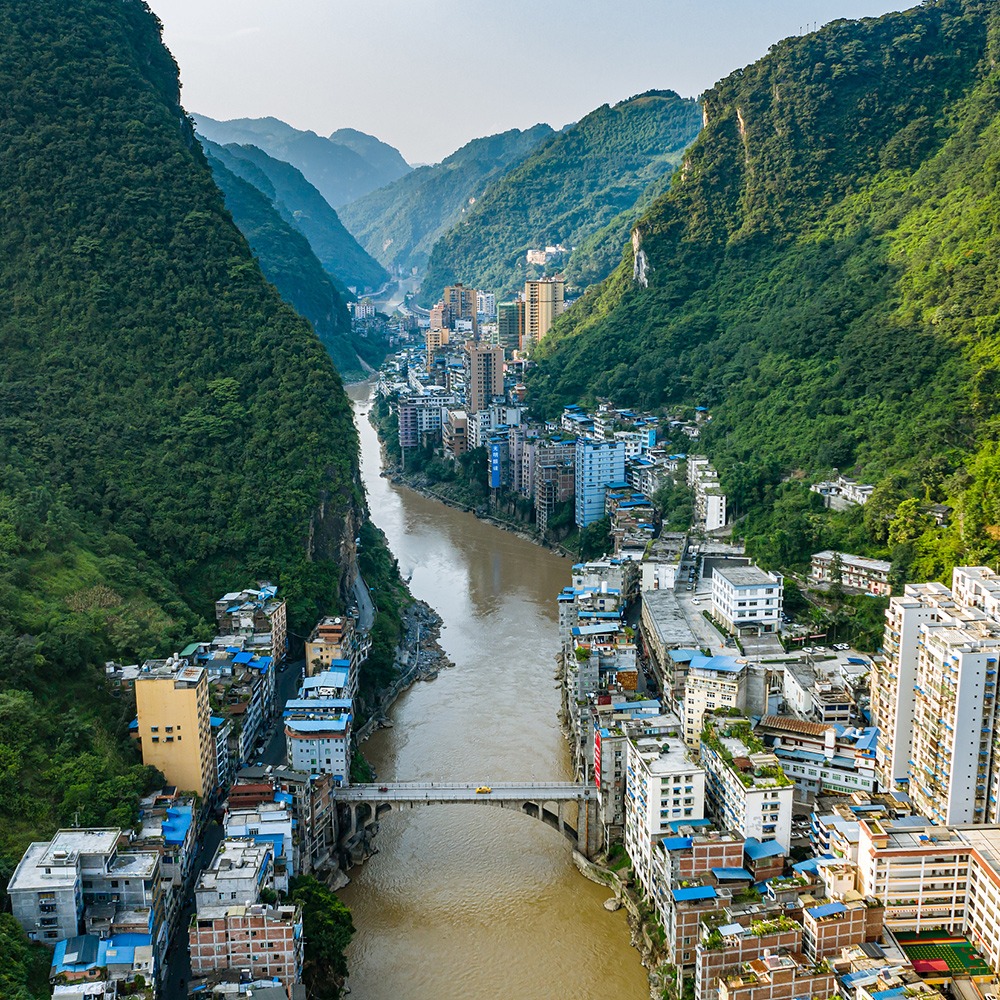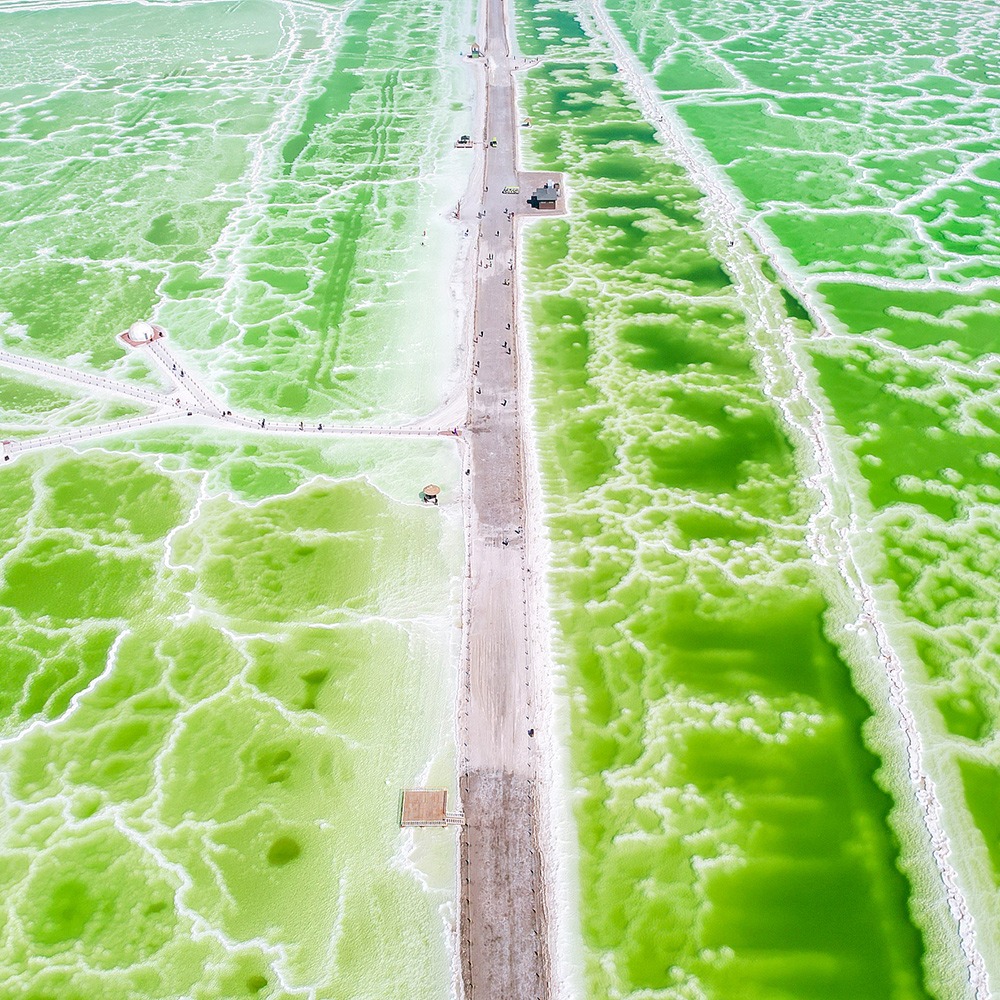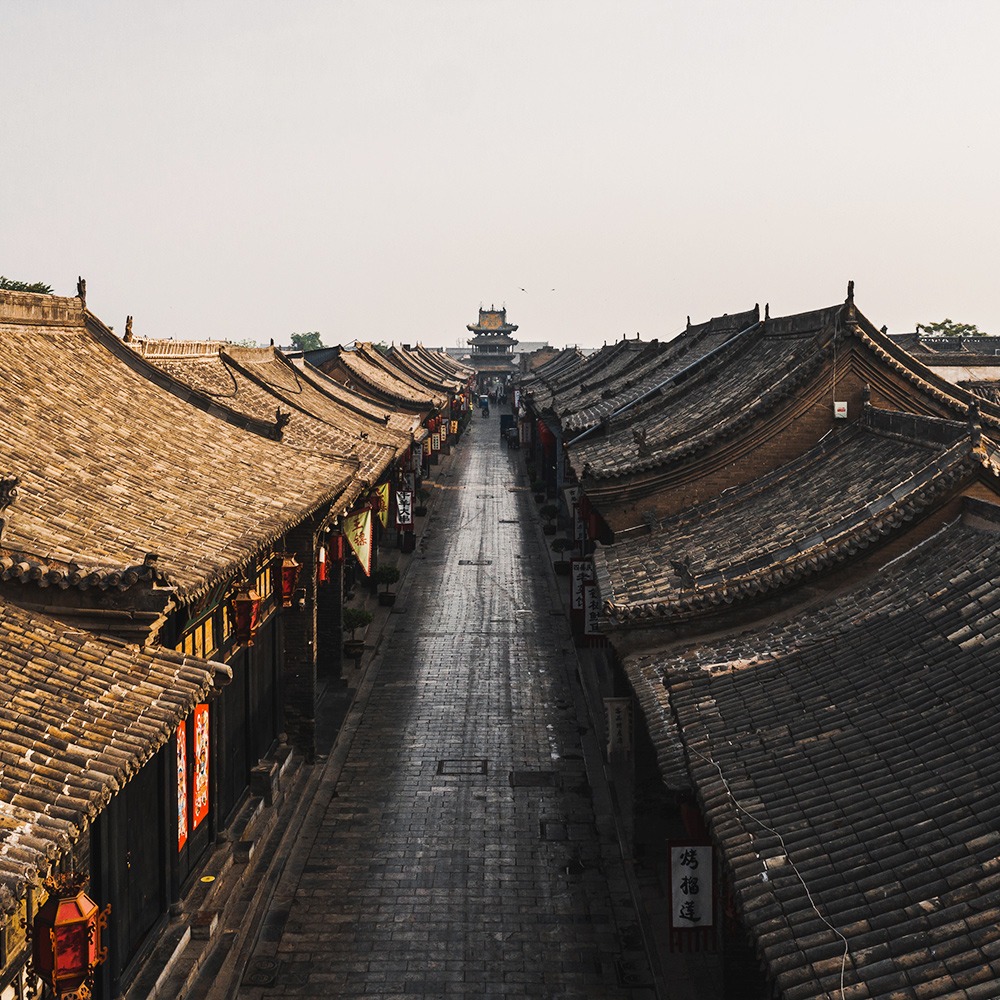Published : 2024-10-23
The deepest underground station in Hong Kong is the University of Hong Kong Station, which goes 70 metres beneath the surface.
However, this pales in comparison to the deepest high-speed train station in Mainland China, where its deepest station is located 102 metres underground, and it is right below the famous Badaling Great Wall in Beijing.
China's deepest high-speed rail station: 8 minutes to enter the station
Badaling Great Wall Station (八達嶺長城站) is a high-speed railway station on the Beijing-Zhangjiakou line (京張高鐵), located under the Badaling Great Wall.
The underground station covers an area of 36,000 square metres within the New Badaling Tunnel, reaching a depth of 102 metres.
This not only makes it the deepest high-speed station in China, but also sets four other records: the world's deepest high-speed railway station, China's most complex underground excavation station, China's largest single-arch span underground railway tunnel, and the high-speed railway station with the greatest passenger elevation in China.
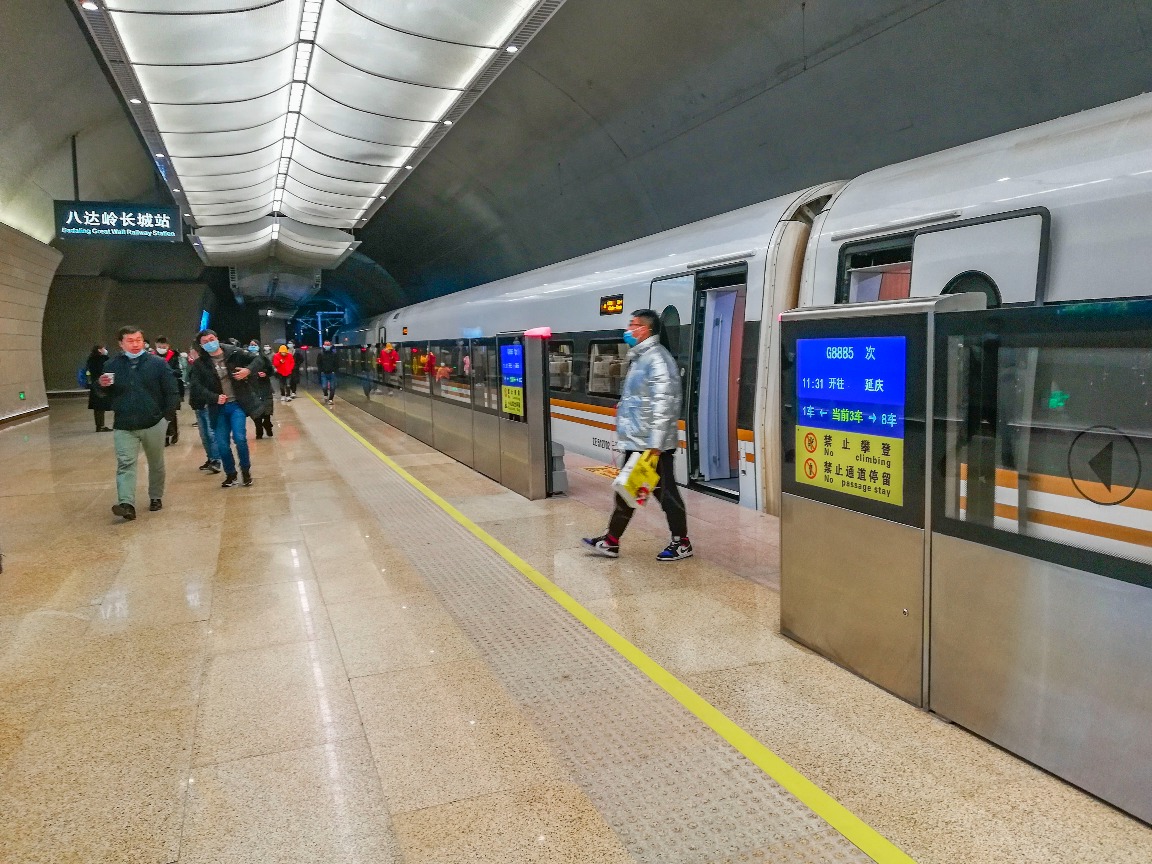
There are a total of 78 underground chambers in this station, with three levels, namely the platform level, the entry level, and the exit and equipment level.
When passengers enter the station, they need to ride three elevators, with the longest one reaching 82 metres and a height difference of 42 metres, equivalent to 14 floors.
According to Liu Zhiming, a passenger service duty officer, "This is the longest high-speed rail escalator in the country. It can carry 400 people at the same time. The whole journey from top to bottom takes about 3 minutes."
According to Mainland China media, it takes about 8 minutes to walk from the surface to the platform. Hence, unlike other high-speed train stations which stop checking tickets 5 minutes beforehand, Badaling Great Wall Station requires a 12-minute lead time.
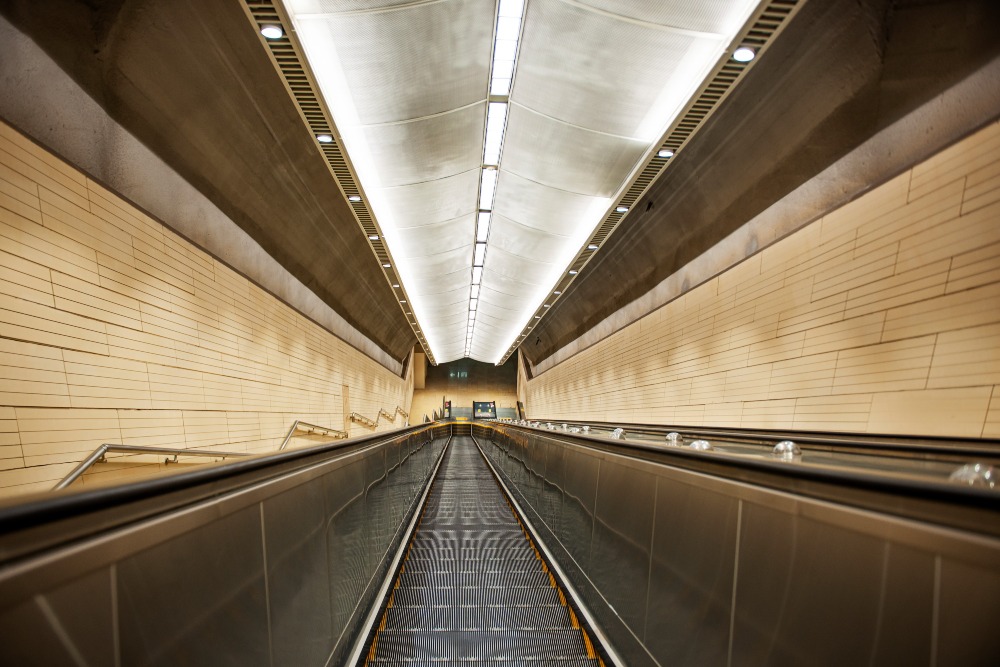
China's deepest high-speed rail station: Would construction affect the preservation of Great Wall?
Why was the high-speed railway station built so deep underground?
Lu Gang, the lead designer of the Beijing-Zhangjiakou Badaling Great Wall Station, said that the station's location was chosen after considering factors such as the Winter Olympics service, Badaling scenic area, and the preservation needs for historical buildings including the Qinglong Bridge Station of Beijing-Zhangjiakou Railway and the Badaling Great Wall.
Read more: The old and new Beijing-Zhangjiakou Railway: Witnessing a century of change
Above the Badaling Great Wall Station is China's most famous Badaling Great Wall. The century-old Qinglong Bridge Station Y-shaped route also passes through here.
To protect these historical sites, the high-speed railway station site increased the burial depth.
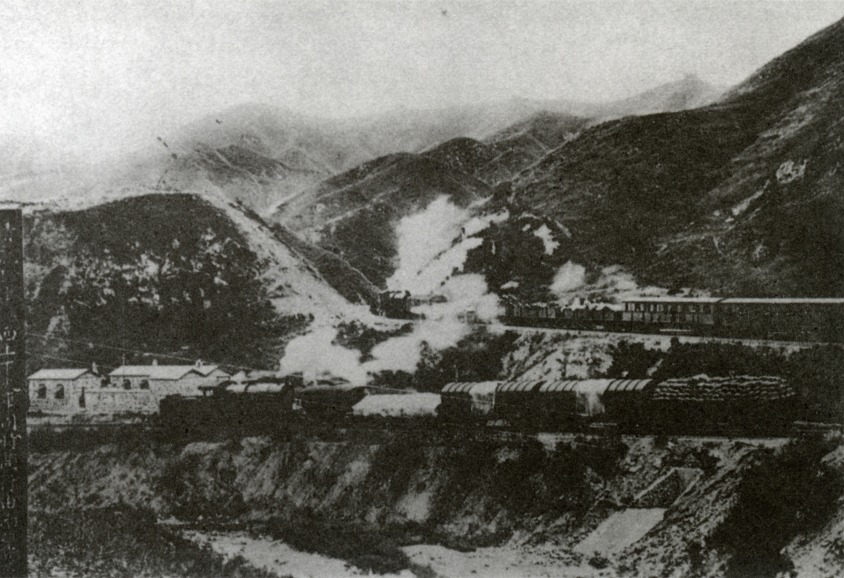
During the construction of the high-speed railway station, in order to protect the cultural relics on the ground, the team could not use shield machines to dig tunnels. Instead, they adopted advanced techniques such as precision low-impact blasting.
Before each explosion, the positions and amounts of explosives would be precisely calculated.
The vibration speed of the blasting is controlled at 0.1cm/s or less, below the standard set by the National Cultural Relics Bureau. It equals to the impact of a person stomping on the Great Wall.
This ensures that it won't adversely affect the cultural relics and the environment.
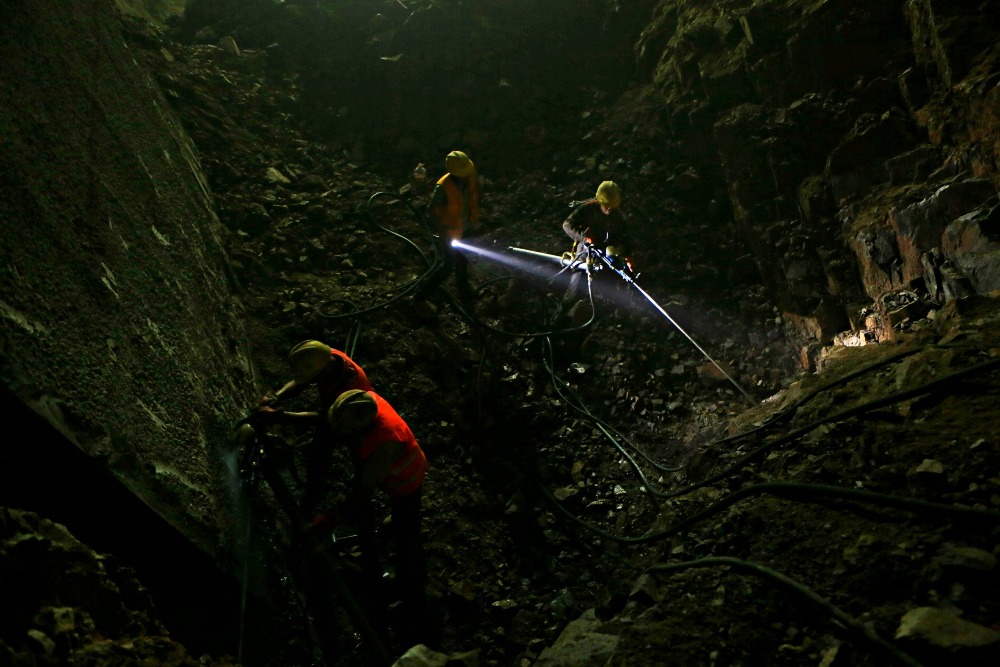
After three years of construction, China's deepest high-speed train station was put into use in 2019.
It is the only underground station among the 10 stations along the Beijing-Zhangjiakou high-speed railway line, also known as the "High-speed Rail Station at the foot of the Great Wall".
